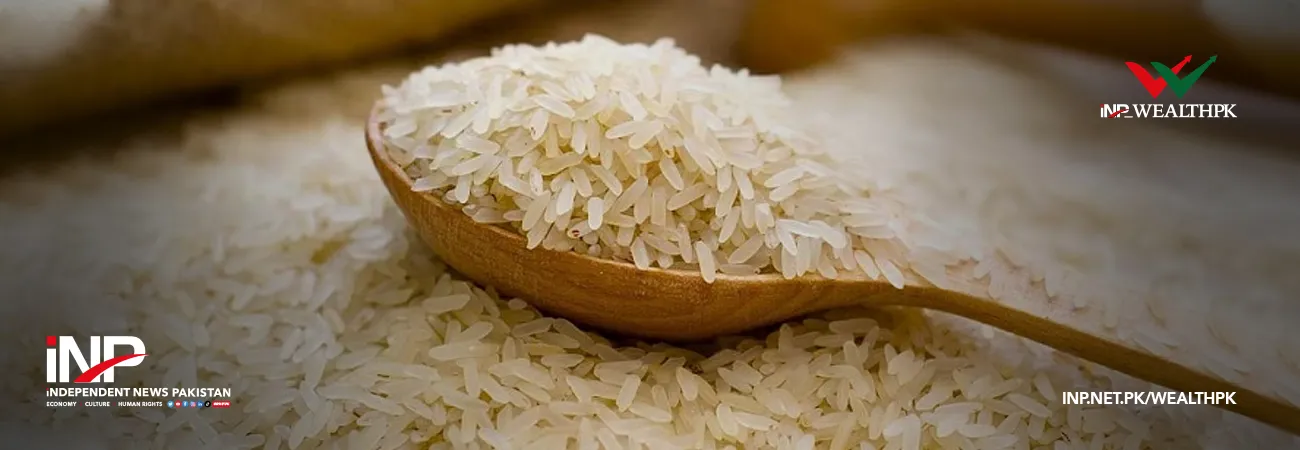INP-WealthPk
Syed Marwan Shah
Pakistan’s Railways needs to make full use of its locomotive manufacturing plant in Risalpur area of Nowshera district in Khyber Pakhtunkhwa province by way of technology transfer and putting it on double shift to enhance the production of locomotives locally. If the plant is put to full capacity, it would manufacture modern locomotives, help the country reduce reliance on imports and save foreign exchange, said a former railways official. “This will not only boost the local industry but also increase the job opportunities for the youth and enhance the people's livelihood as a whole,” said the former official, while talking to WealthPK.
Speaking on condition of anonymity, he said Pakistan had its own locomotive manufacturing plant in Risalpur, which was opened in 1993. “This is one of the most modern factories, equipped with cutting-edge Japanese technology. However, on a single shift, the plant can produce only 25 locomotives per year.” He said Hitachi company of Japan, General Electric from the USA, ADtranz of Germany and Dalian Locomotive and Rolling Stock Works China have provided technologies for the factory in the production of locomotives.
“The railways must utilise the full capacity of the Risalpur factory and manufacture built-up or completely knocked-down locomotives,” the former railways official said. “Furthermore, if the factory runs professionally and on double shift, it will give a lot of benefits to the country.
If run on double-shift, the factory will not only fulfil the department’s own demand but will also enable railways to export locomotives to other countries to fetch sizeable foreign exchange,” the former railways official noted. Recently, Farrukh Taimur Ghilzai, former CEO of Pakistan Railways, met with a delegation from the Pakistan Association of Automotive Parts and Accessories Manufacturers (Paapam) to discuss the possibility of producing wagons and locomotive parts locally to help reduce pressure on the foreign exchange market given the nation's growing trade deficit.
Paapam's delegation stressed that their collaboration would positively contribute to the government's vision of indigenisation, which would result in significant savings in foreign exchange. Moreover, the collaboration would contribute to the growth of local industry, the creation of employment opportunities, and reduction in foreign exchange expenditure.
Credit : Independent News Pakistan-WealthPk













